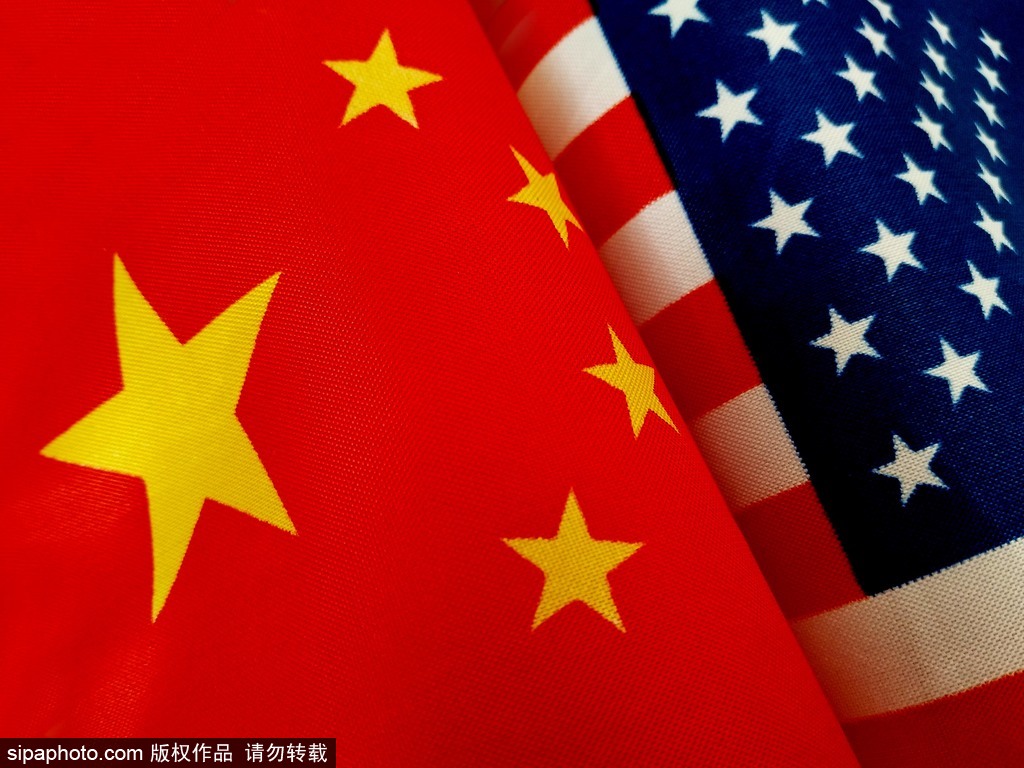Washington should stop brandishing sticks against China's core national interests


In a phone call with his Philippine counterpart on Thursday, US Secretary of State Antony Blinken made public the new US administration's intentions to carry on its predecessor's practice of meddling in affairs related to the South China Sea.
This followed US Defense Secretary Lloyd Austin indicating in a telephone call with his Japanese counterpart on Sunday that this would also be the case with regard to the East China Sea.
Austin's remarks came on the same day that US State Department spokesperson Ned Price said in a statement that "Our commitment to Taiwan is rock-solid".
Although these messages were predictable, they nevertheless bode ill for regional stability.
Most of the security treaties between the US and East Asian and Southeast Asian countries are windfalls from World War II and the Cold War. The reason why the US administration still binds these countries to outdated treaties is because it is intent on using them as pawns in its geopolitical game with China. Just as it does with its European allies in relation to Russia.
Although these countries have territorial and maritime disputes with China — most of which were deliberately left as a postwar legacy to the region by the Western powers — they have managed to not let them hinder relations with China or destabilize the neighborhood.
It has always been a consensus in the region that peace and stability benefit all, and the countries concerned are aware that the US intends to sow discord in the region by getting them to choose sides.
Beijing has never put them in that dilemma. Instead, it has been its constant stance to welcome Washington engaging constructively with the region.
It should be noted that on Wednesday, his first full day in office, Blinken said he favored cooperation with China on climate change and other issues of common concern, admitting that Sino-US relations are "arguably" the most important bilateral ties in the world.
And John Kerry, President Joe Biden's climate envoy, said that the US will try to keep climate negotiations with China separate from other disagreements affecting the two countries' ties.
However, the administration cannot curse China in one breath and expect to sweet talk it in another. The "separation" is not so black and white as hinted at by Blinken and Kerry.
The US should cease its military, diplomatic and economic pressure against China and engage in meaningful dialogue with it. And it should stand with China and the other countries in the region to advance shared prosperity, security and Asian values.
If the US administration always answers China's offer of an olive branch with a stick, the valuable window of opportunity to mend ties will be lost.

































